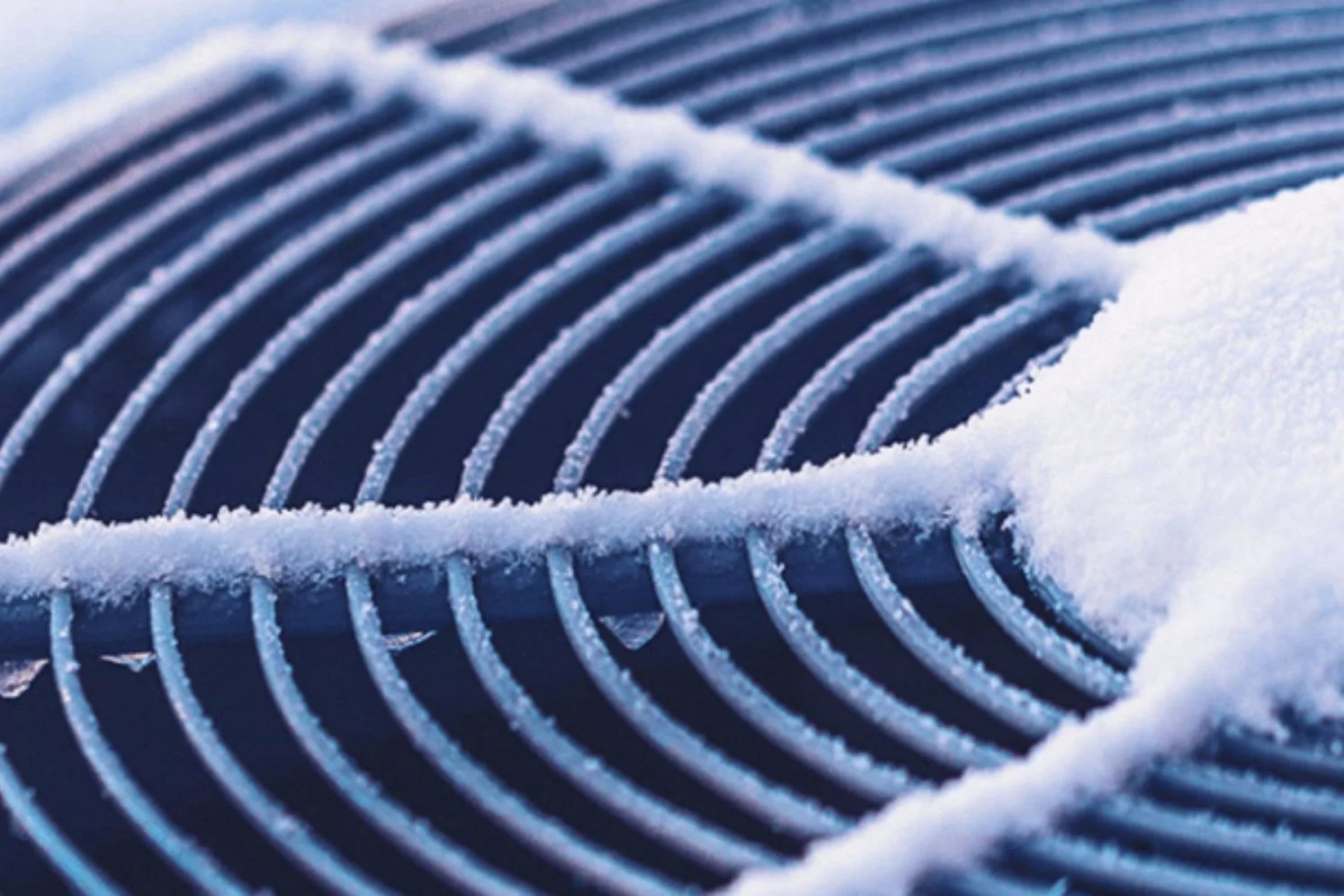
Air Dynamics HVAC
Blog Page Part of our mission at Air Dynamics HVAC is to provide our community members with helpful information regarding their HVAC units and their care. We hope that you will find the following articles helpful in maximizing efficiency, improving indoor air quality, and overall boosting your HVAC knowledge.
As always, if you find yourself with an HVAC-related question or concern; please feel free to reach out to us directly at (215)571-9471. Our friendly staff is always available and ready to assist with any questions/concerns you may have.

Warning Signs You May Have A Carbon Monoxide Leak In Your Home
All fuel-burning appliances and engines produce carbon monoxide (CO), as do certain chemical products like paint strippers. When used in well-ventilated areas and operating correctly, these items typically don't pose a risk. However, in enclosed spaces, CO can build up quickly and reach dangerous levels. At Air Dynamics, we recommend being aware of the following warning signs that could indicate a potential carbon monoxide leak in your home or office.

How To Protect Your HVAC System This Winter
Winter weather is fast approaching, which means that it’s time to start preparing your HVAC system for the possibility of snow and ice buildup.
While your HVAC systems outdoor unit is designed to take a beating. It doesn’t necessarily mean that the elements outside can’t cause serious damage to your unit throughout the season. Which, is why the pros at Air Dynamics HVAC want to share how you can help prevent damage from occurring to your home’s heating and cooling system this season. In this article, we will cover the top 6 things to consider when it comes to protecting your HVAC system during the harsh winter months.

Must-Do Fall HVAC Maintenance: Your Essential Checklist for a Cozy Season
Temperatures will be dropping soon, which means it’s time to think about your HVAC unit’s seasonal tune-up needs. So, while you’re pulling out warmer clothes and preparing for cooler temps… don’t forget to check out this handy Fall HVAC Maintenance Checklist before you fire up that furnace.

Carbon Monoxide Dangers: Essential Information Every Homeowner Needs
Carbon monoxide (CO) is an invisible, odorless killer that can build up in any home with fuel-burning appliances or an attached garage. It sneaks into your body, replacing oxygen and causing serious poisoning, often without warning. Learn how to protect your family before it’s too late.
Check Out Our YouTube Channel
For Helpful HVAC Related Tips, Tech Insights & More
